Domestic Bolts and Their Role in Industrial Applications
Created at : Nov 21, 2025
In industrial settings, the integrity of machinery, structures, and equipment often depends on one seemingly simple component: the bolt. While often overlooked, bolts are critical fasteners that hold systems together under stress, vibration, and environmental challenges. Among the many types of bolts used worldwide, domestic bolts occupy a significant role in industries that prioritize quality, compliance, and reliability.
What Are Domestic Bolts?
Domestic bolts are bolts manufactured within a specific country for local use. Unlike imported bolts, which are produced overseas and shipped across borders, domestic bolts are produced according to local standards, regulations, and specifications. This distinction ensures that the bolts meet national industrial requirements, including material composition, strength, and durability.
Bolts, in general, are threaded fasteners designed to join two or more components securely. They typically work in conjunction with nuts or pre-threaded holes. Domestic bolts can come in various forms, including hex bolts, carriage bolts, flange bolts, lag bolts, and eye bolts. They are manufactured using metals such as carbon steel, stainless steel, and alloy steel, depending on the intended application.
The primary advantage of domestic bolts is quality assurance. Local production allows manufacturers and engineers to monitor every stage of production—from raw material selection to threading and coating. This traceability is essential in industrial applications where bolt failure can lead to machinery downtime, structural collapse, or safety hazards.
Types of Domestic Bolts Used in Industry
The term “domestic bolts” encompasses a wide variety of bolt types, each with specific applications in industrial settings:
- Hex Bolts: Characterized by their six-sided heads, these bolts are common in machinery assembly, construction, and structural frameworks. Hex bolts are used where high tensile strength is required.
- Carriage Bolts: With rounded heads and square necks, carriage bolts are often used in wood-to-metal connections, such as in factory flooring, conveyor systems, or warehouse shelving.
- Flange Bolts: These bolts have built-in washers to distribute load evenly. Flange bolts are used in machinery assembly where vibration resistance and even pressure distribution are crucial.
- Lag Bolts: Often used in heavy-duty wooden structures, lag bolts anchor machinery bases, structural supports, or industrial platforms.
- Eye Bolts: Eye bolts feature a looped head, commonly used for lifting or securing heavy equipment with cables, chains, or hooks.
Each type of bolt has material and strength variations, allowing engineers to select bolts according to load requirements, environmental exposure, and safety regulations.
Industrial Applications of Domestic Bolts
Domestic bolts are indispensable in a wide range of industrial applications. Their versatility and reliability make them essential in sectors that require precision, durability, and compliance with local standards.
1. Structural Applications
Industrial structures such as factories, warehouses, bridges, and heavy machinery frameworks rely on bolts for stability. Domestic bolts, particularly high-strength hex and structural bolts, are used to join steel beams, columns, and mechanical supports.
The advantage of using domestic bolts in structural applications lies in their adherence to local engineering standards. In the United States, for example, structural bolts must meet ASTM or ANSI specifications. Using domestic bolts ensures that the fasteners provide the necessary tensile strength and durability to maintain the integrity of critical industrial structures.
2. Machinery and Equipment Assembly
Industrial machinery, from conveyor systems to pumps, engines, and presses, requires secure and reliable fastening. Domestic bolts play a crucial role in assembling machinery components, as even minor fastener failure can result in costly downtime or equipment damage.
Hex bolts, flange bolts, and carriage bolts are frequently used in machinery assembly. Domestic production ensures consistent material quality, precise threading, and accurate dimensions, which are essential in high-precision industrial environments.
3. Maintenance and Repair
Industrial operations often involve regular maintenance and repair of machinery, pipelines, and structural components. Domestic bolts are advantageous for replacement purposes because they are readily available, locally sourced, and compliant with national standards.
For example, in chemical plants or food processing facilities,
stainless steel domestic bolts are preferred due to their resistance to corrosion, chemicals, and extreme temperatures. Their availability ensures that maintenance teams can quickly replace worn or damaged bolts, minimizing downtime and maintaining operational efficiency.
4. Heavy-Duty Fastening
Some industrial applications demand bolts that can withstand extreme stress, vibration, or weight. High-strength domestic bolts, such as grade 8 or structural bolts, are used to secure engines, turbines, presses, and other heavy-duty equipment.
The reliability of domestic bolts is critical in these applications. Failure of a bolt under high tensile load can result in catastrophic consequences, including equipment damage, production halts, or even worker injury. By choosing domestic bolts, industrial engineers ensure that fasteners meet stringent mechanical properties and safety requirements.
5. Infrastructure and Utilities
Domestic bolts are also widely used in industrial infrastructure, including power plants, water treatment facilities, and factories. They are employed to anchor heavy equipment, support piping systems, or secure platforms and walkways.
Eye bolts, anchor bolts, and flange bolts are particularly common in these settings. Domestic production ensures that the bolts meet local environmental and safety regulations, which is essential in infrastructure projects subject to inspections and compliance checks.
Advantages of Using Domestic Bolts in Industry
The use of domestic bolts in industrial applications provides several key advantages:
- Compliance with Local Standards:
- Domestic bolts are manufactured to meet national regulations, which guarantees quality, strength, and safety.
- Material Traceability:
- Local production allows full traceability of raw materials, manufacturing processes, and testing, ensuring consistent quality.
- Supply Chain Efficiency: Domestic bolts are readily available, reducing shipping time and cost. This is particularly important for maintenance, repairs, and emergency replacements.
- Cost-Effectiveness: Although imported bolts may sometimes be cheaper, domestic bolts eliminate customs fees, shipping delays, and import-related complications.
- Support for Local Industry: Purchasing domestic bolts helps support local manufacturers and contributes to national industrial growth.
Conclusion
While bolts may appear simple, their role in industrial applications cannot be overstated. From structural frameworks to machinery assembly, maintenance, and heavy-duty fastening, bolts are crucial for safety, reliability, and efficiency.
Domestic bolts stand out because they combine quality, compliance, and availability. Their production within the country ensures adherence to local standards, traceability of materials, and timely supply—all critical factors in industrial operations. By choosing domestic bolts, industries not only secure their equipment and structures but also support local manufacturing and reduce reliance on international supply chains.
In today’s fast-paced industrial world, where machinery uptime, safety, and compliance are paramount, domestic bolts are more than just fasteners—they are a reliable foundation upon which industrial efficiency is built.
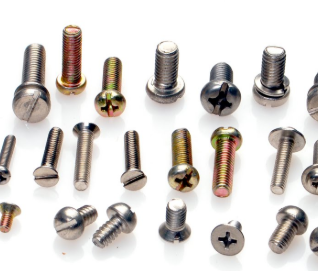 SCREWS
SCREWS
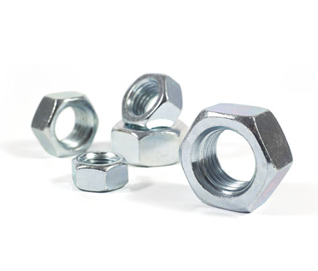 NUTS
NUTS
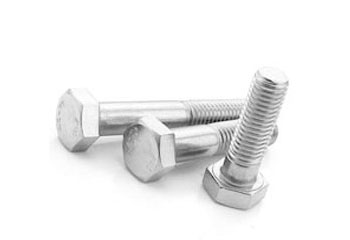 BOLTS
BOLTS
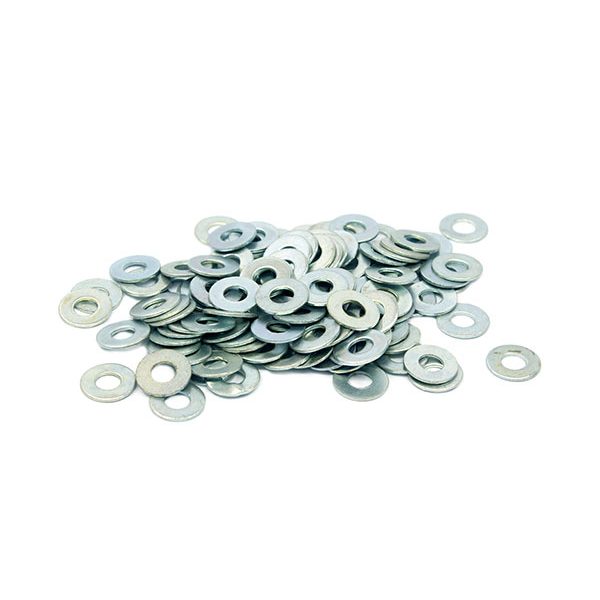 WASHERS
WASHERS
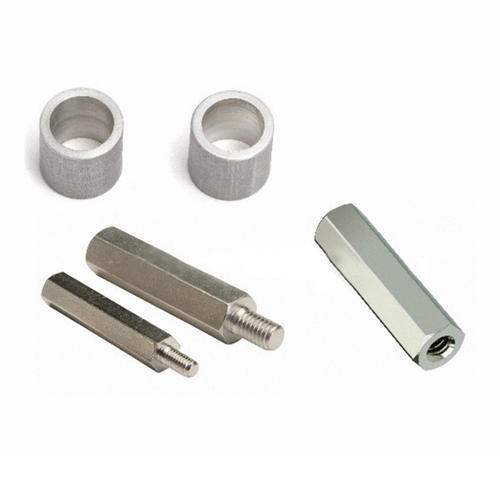 SPACERS & STANDOFFS
SPACERS & STANDOFFS
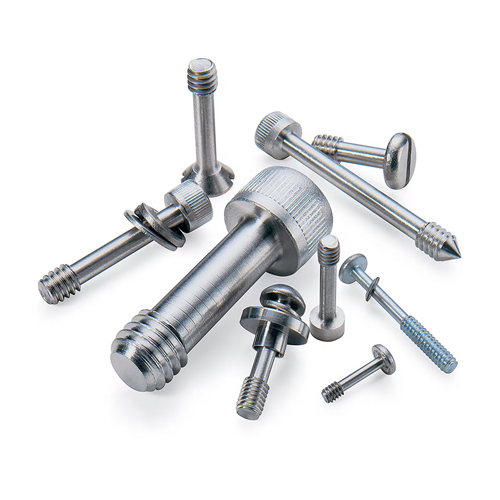 PRECISION/CUSTOM PARTS
PRECISION/CUSTOM PARTS
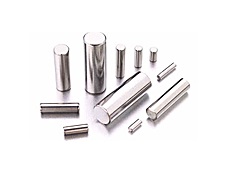 PINS
PINS
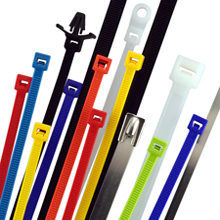 WIRE HANDLING
WIRE HANDLING
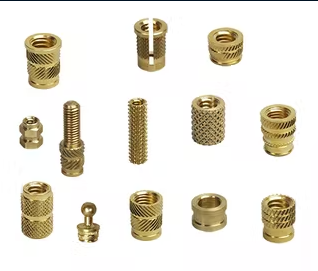 INSERTS
INSERTS
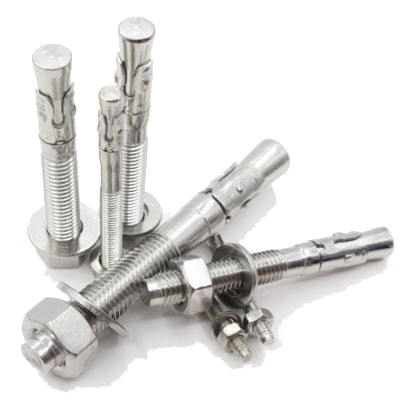 ANCHORS
ANCHORS
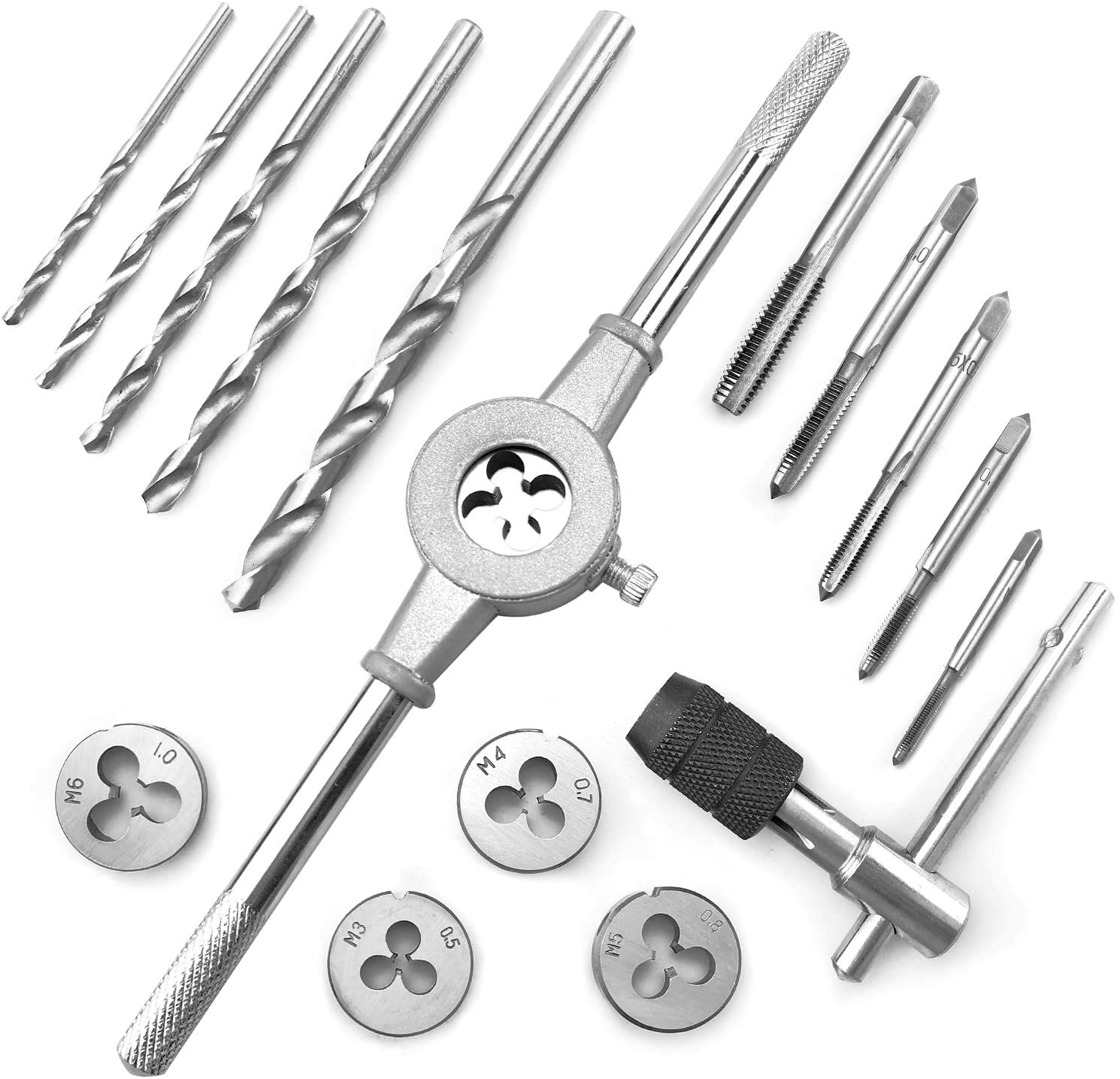 DRILL BITS, TAPS, & DIES
DRILL BITS, TAPS, & DIES
 ABRASIVES & SAWBLADES
ABRASIVES & SAWBLADES
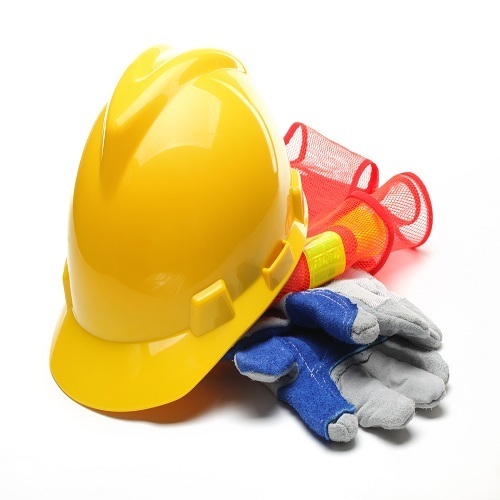 SAFETY EQUIP.
SAFETY EQUIP.
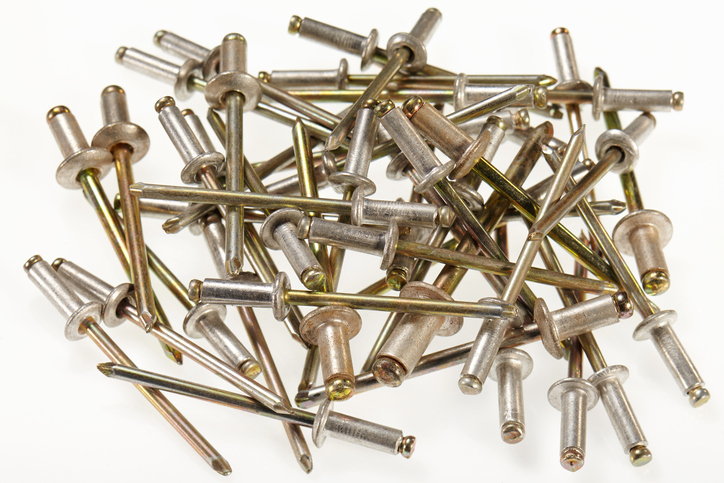 MISC.
MISC.
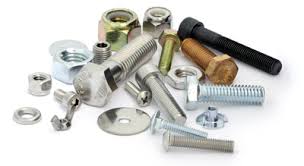 MATERIAL TYPES
MATERIAL TYPES
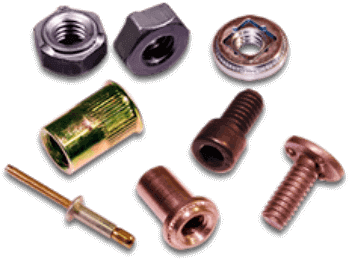 PLATING TYPES
PLATING TYPES